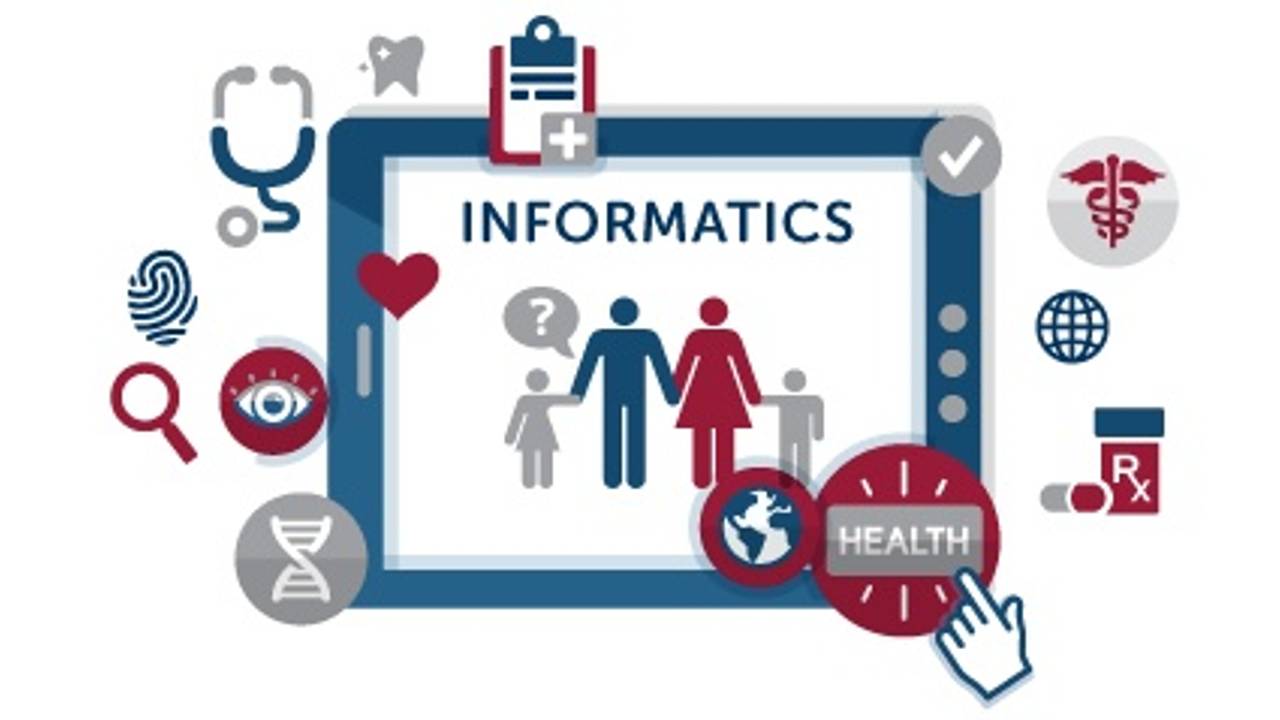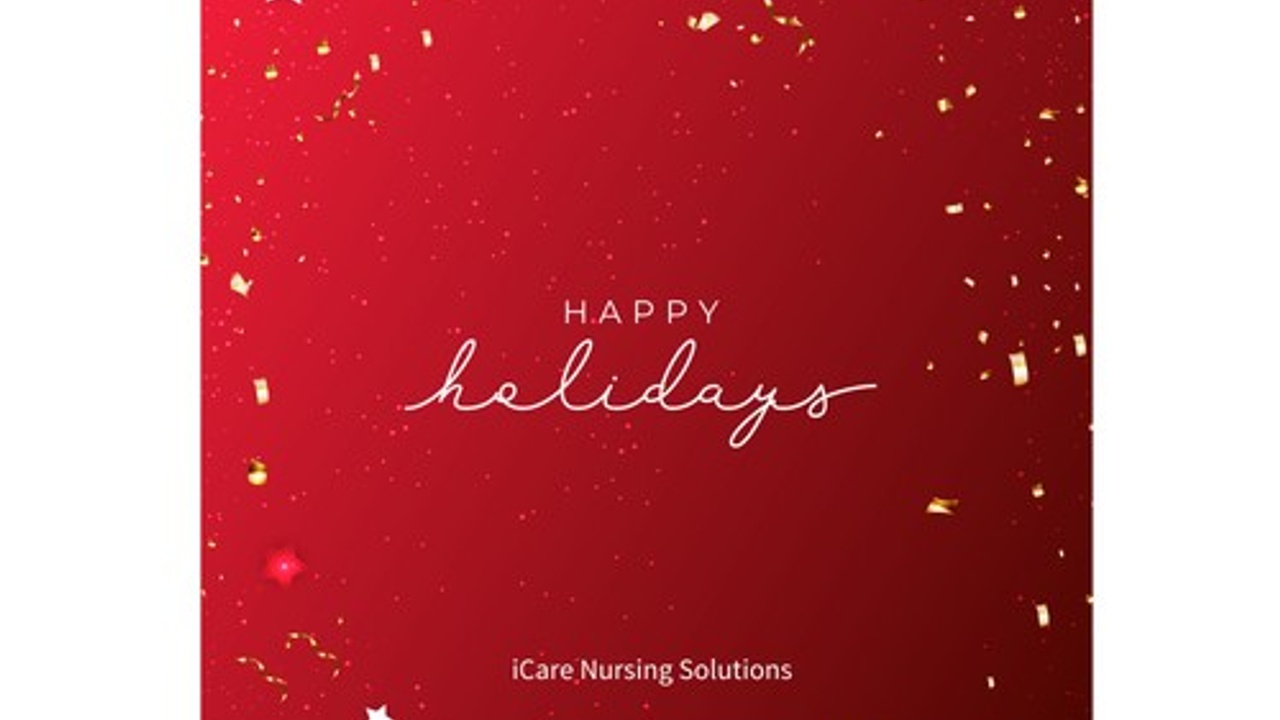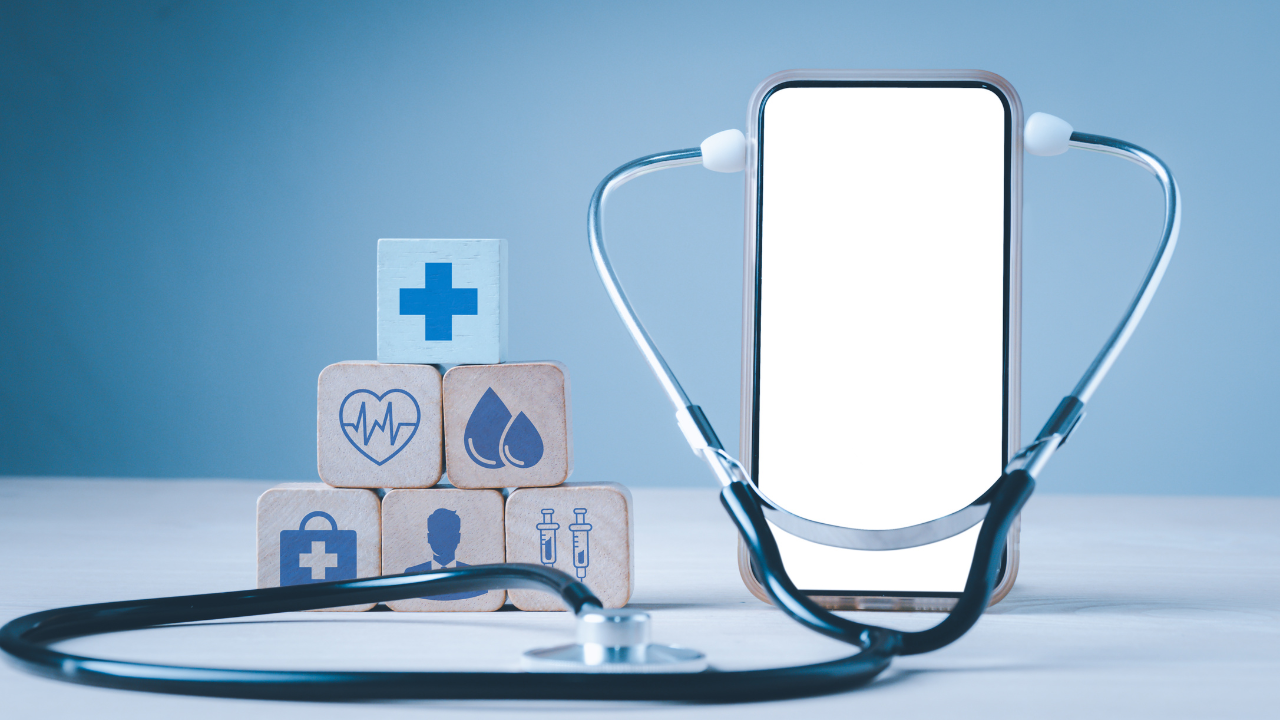The iCare Blog
Health Data for Health Insights
Dec 04, 2023
How to Grow when first getting Started in Health IT
Apr 23, 2023
People, Process, Technology ... in that order
Mar 12, 2023
Demystifying Nursing Informatics
Feb 04, 2023
Happy Holidays & Year End Review
Dec 23, 2022
Advancing your Informatics Career...
Oct 14, 2022
Reflections on Patient-Centeredness for Quality Care
Aug 03, 2022
What do I like most about informatics?
Jul 30, 2022
What exactly is Informatics?
Jun 20, 2022
You do understand technology more than you think...
Jun 11, 2022












